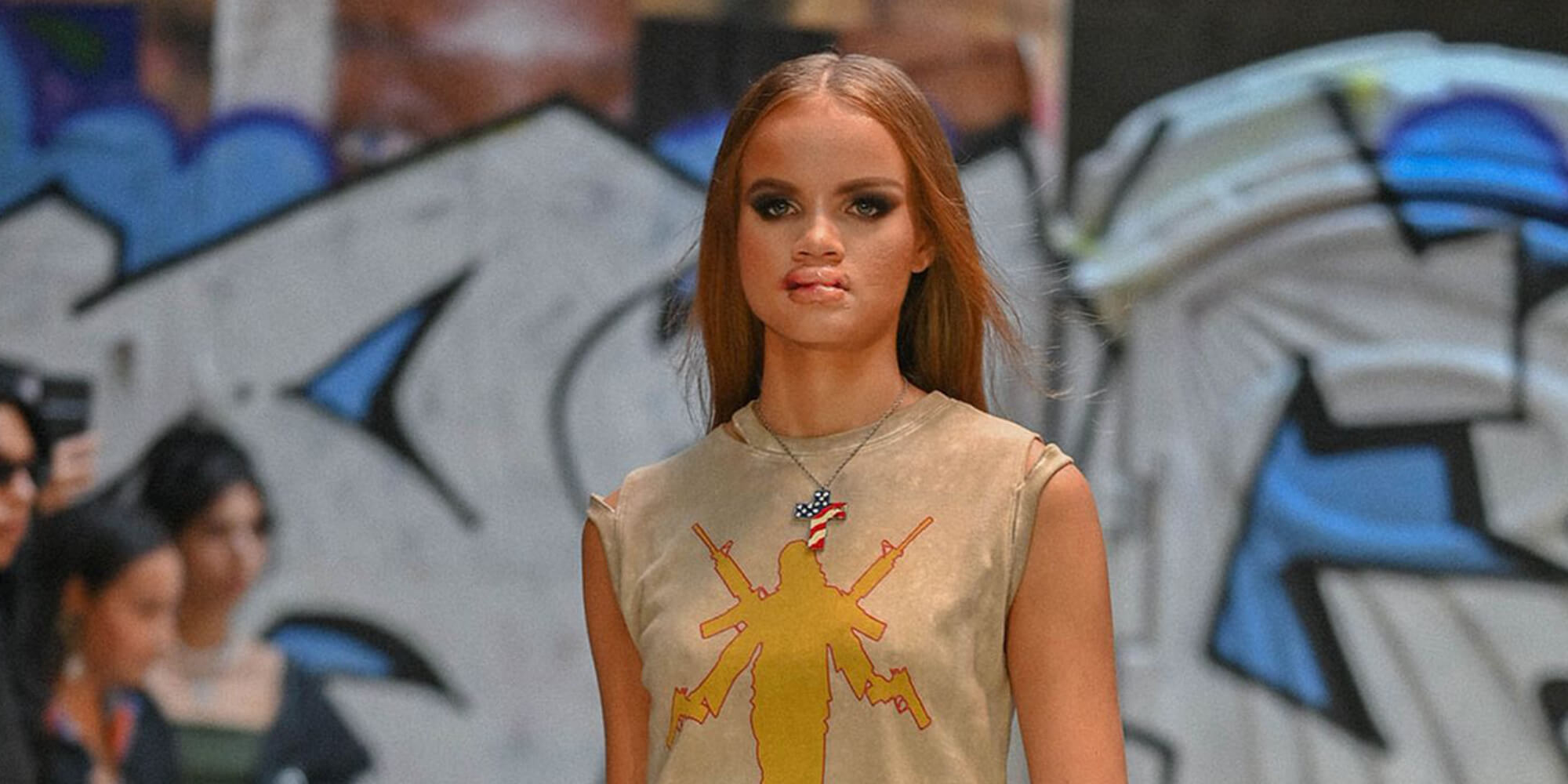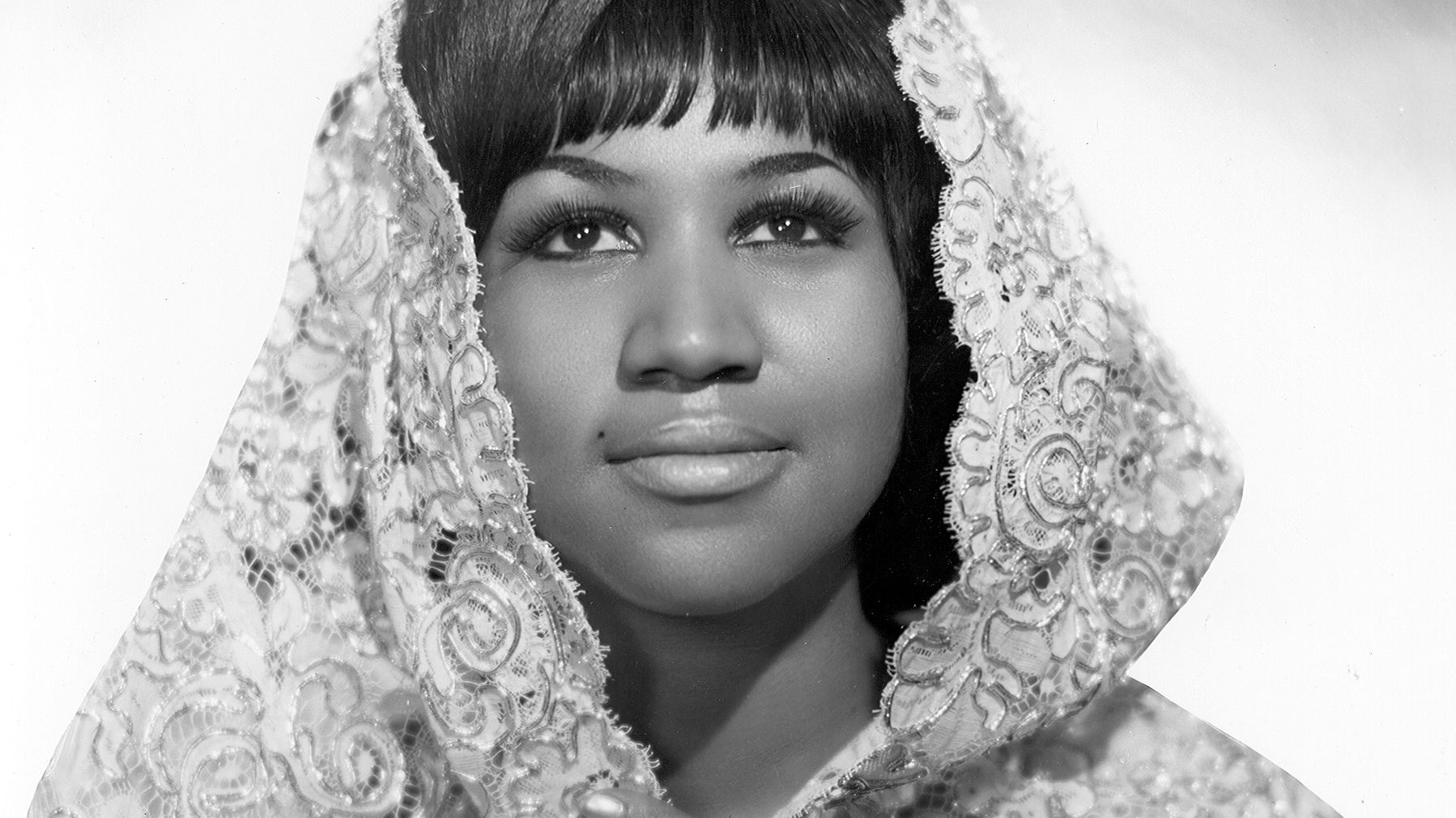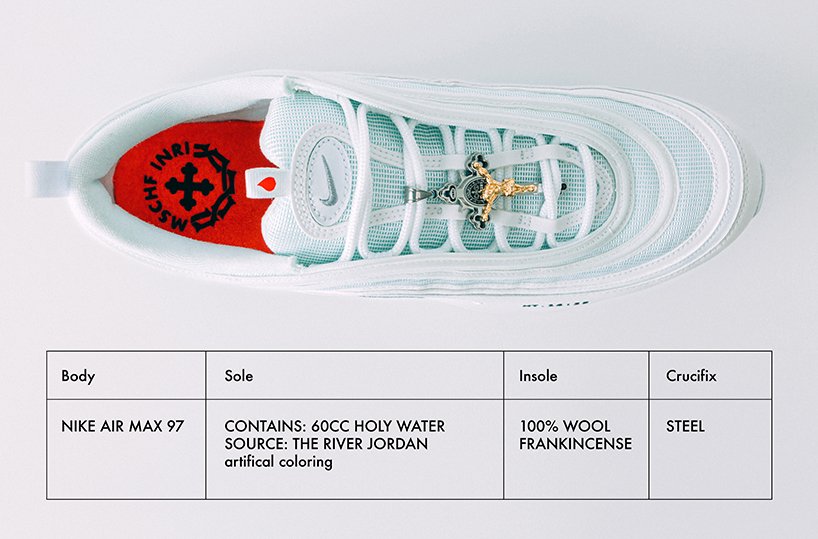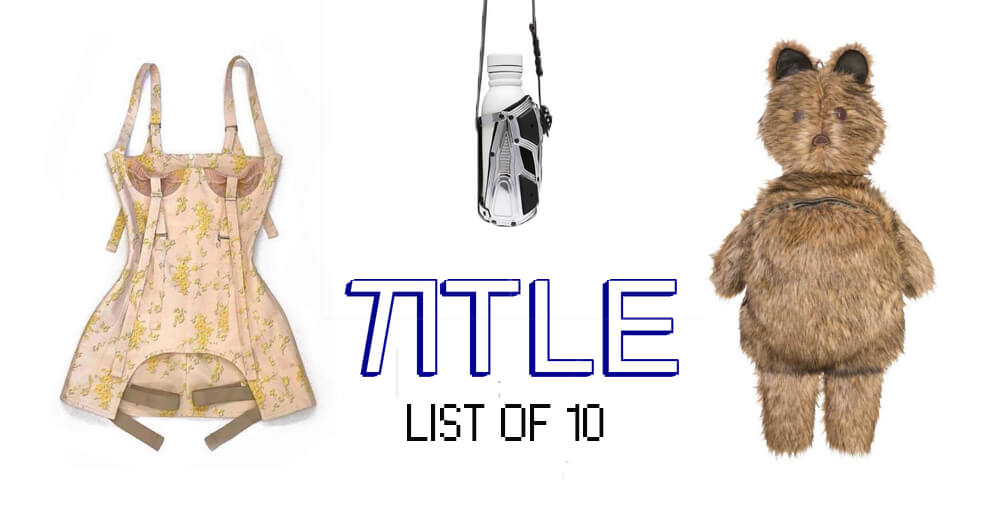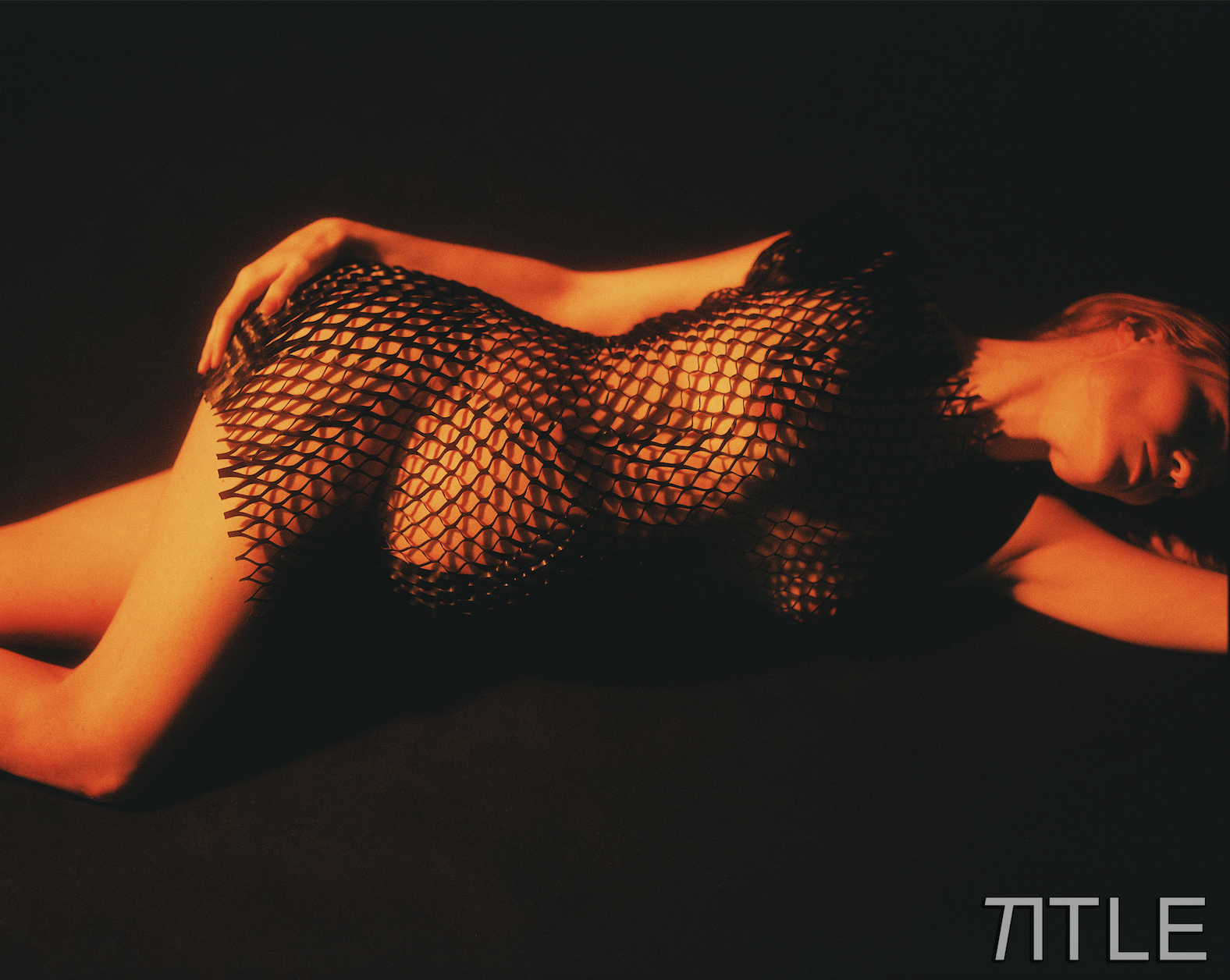The beauty and fashion industries are being challenged to break free from outdated notions of beauty, authenticity, and organic expressions. In a culture that thrives on heteronormativity and voyeurism, there is a growing call for diversity. We all desire to be attractive in the public eye, but on our own terms. While we celebrate individuality, we want to strike a balance without losing ourselves. So, how can we reclaim beauty in a way that makes us feel attractive?
Trends may come and go, but the desire to look polished remains constant. As we mature, this concern transforms into an ordinary state that we either learn to appreciate or simply accept. However, our concerns and methods of making peace with our appearance are often shaped by beauty standards defined through the male gaze. The pursuit of a clean and minimalistic look, using minimal makeup to achieve an effortlessly put-together appearance, reflects our unhealthy desire to conform to beauty norms. It’s like following a sacred 10-step skincare routine just to fit in.
The long history of enhancing our attributes to appear more flattering is now being contrasted by the rise of anti-beauty trends. These trends, such as ‘ugly beauty,’ not only showcase experimental and avant-garde looks but also challenge conventional notions of beauty. Unkempt and unconventional styles have become recurring features in fashion weeks and celebrity events. On social media, club-kid makeup and its variations gain popularity. Filters accentuate our dark under-eye circles, while Instagram accounts celebrating brutalist makeup inspire creators. Smudged makeup and fashion-forward eyebrows, like bleached or no eyebrows, have become the new norm.
But what does it truly mean to embrace unusual looks in a time when youth and perfection seem to be everyone’s obsession or even destiny? Embracing unconventional makeup represents a call to democratize beauty and transform it into a personal statement rather than a standardized objective. However, the truth is that highlighting our imperfections and receiving public encouragement for doing so is far from mainstream.
Ultimately, adopting ugly makeup is a choice that not everyone can afford, as it is often reserved for those who are conventionally attractive and possess public influence. Take, for example, FKA Twigs and Jazzelle Zaughtti, whose appearances lean toward the peculiar, yet we can only associate them with glamour rather than unattractiveness. Their unconventional approach to makeup has positioned them as avant-garde beauty icons.
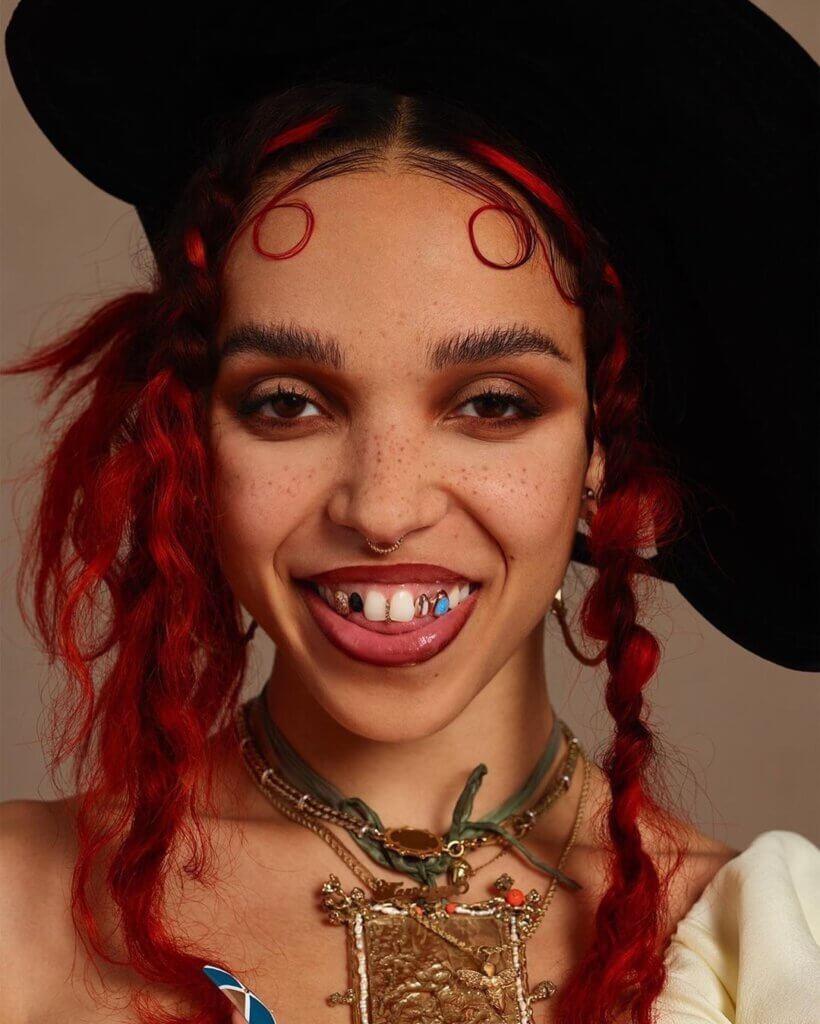
While the anti-beauty movement rejects the male gaze and challenges beauty standards, it does not necessarily promote embracing our natural states without any makeup. In other words, ugly beauty is a trend that involves using makeup to purposely enhance specific facial aspects. It celebrates a new approach to beauty but not necessarily ugliness itself. It mimics ugliness, making it chic and cool, but it falls short of truly reclaiming beauty from the male gaze.
Although the ugly beauty trend does not explicitly address diversity, it does provide an opportunity for commentary. For instance, Barragan’s SS23 show featured models with prosthetic overfilled lips (header image), challenging the culture of surgeries and beauty procedures aimed at achieving so-called ‘perfection.’ Regardless of whether ugly beauty rejects the male gaze or responds to an oversaturated world of beauty ideals, what is truly at stake is reevaluating our perception and experience of beauty.








